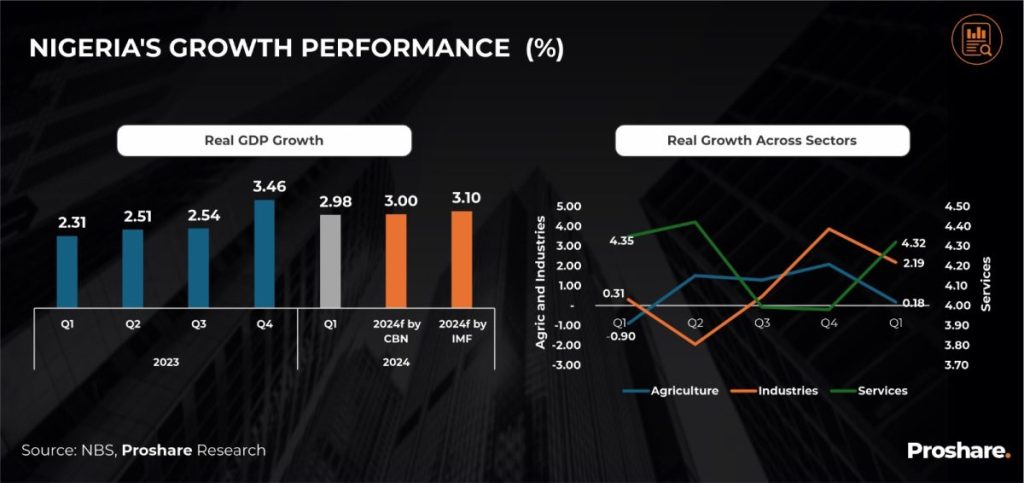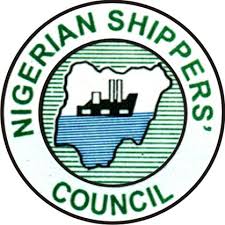 Esther Oritse
Esther Oritse
Lagos — The launch of Dangote Refinery, alongside several government-owned refineries, has had a substantial impact on Nigeria’s import trends. For the month of January, crude oil imports are leading the import chart, with 313,892 metric tons of the commodity already arriving, and more expected before the end of January.
Crude oil imports are followed closely by general cargo, with 174,074 metric tons recorded. Bulk wheat, used in the production of bread and other confectionery items, has also seen significant imports, reaching 129,764 metric tons.
According to data from the Nigerian Ports Authority (NPA), aviation fuel registered 80 metric tons, while Premium Motor Spirit (PMS) totaled 62,900 metric tons for the month of January. Bulk urea amounted to 60 metric tons, while bulk sugar recorded 56,890 metric tons. Automated Gas Oil (AGO), also known as diesel, saw imports of 35,000 metric tons, and bulk gas stood at 26,300 metric tons.
Other notable imports included bulk fertilizer at 22,000 metric tons, and Fully Loaded Containers (FLC) at 5,409 units. Additionally, 29,000 metric tons of bulk clinker are expected to arrive before the end of January.
A mid-month breakdown indicated that bulk wheat, sugar, and general cargo had either arrived at the ports or were anchored at Lagos Anchorage. Premium Motor Spirit, bulk gas, and other commodities had arrived approximately six days ago, with further imports anticipated by month’s end.
Reacting to the rise in crude oil imports, Captain Ihenacho Ebubeogu, former General Manager of the Marine and Operations Department at the NPA, suggested that the emergence of new refineries could be contributing to the increased importation of crude.
He noted that crude oil has a unique usage in refineries and explained that the increased demand for crude might be linked to the insufficient supply from the Nigerian National Petroleum Corporation Limited (NNPCL) to local refineries. He added that the rehabilitation of the Port Harcourt and Warri refineries, as well as smaller facilities, has likely contributed to the growing need for imported crude.
He said: “The only reason for the importation of crude oil into Nigeria is because the Nigerian National Petroleum Corporation Limited, NNPCL, was not supplying enough of the commodity to local refineries.
“Moreso with the coming of the Port Harcourt and Warri and other smaller refineries, has brought about an increase for the need for crude oil.”



